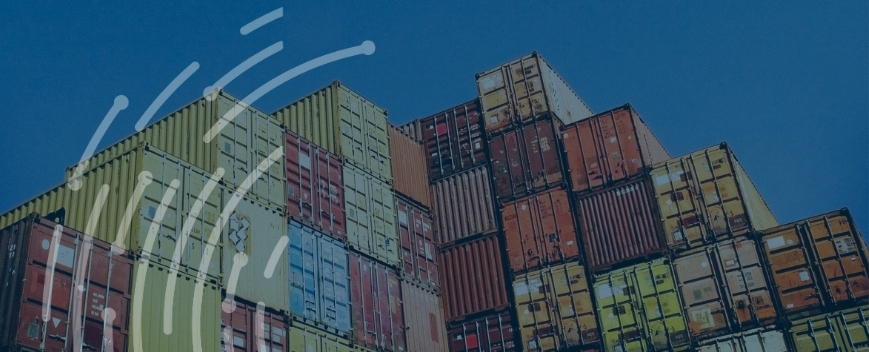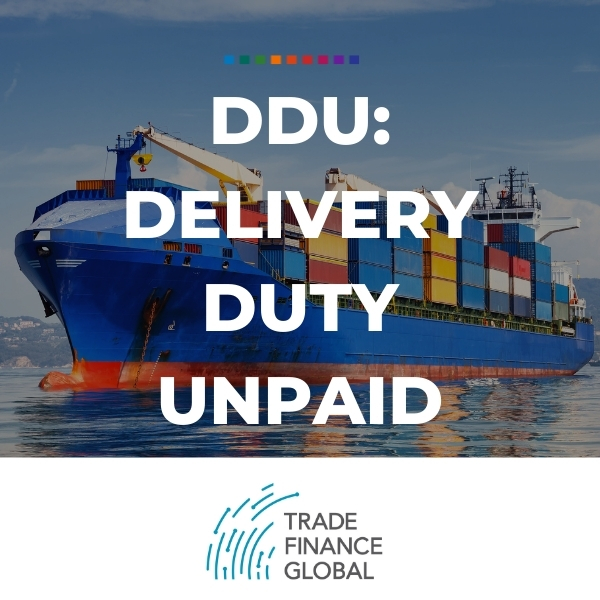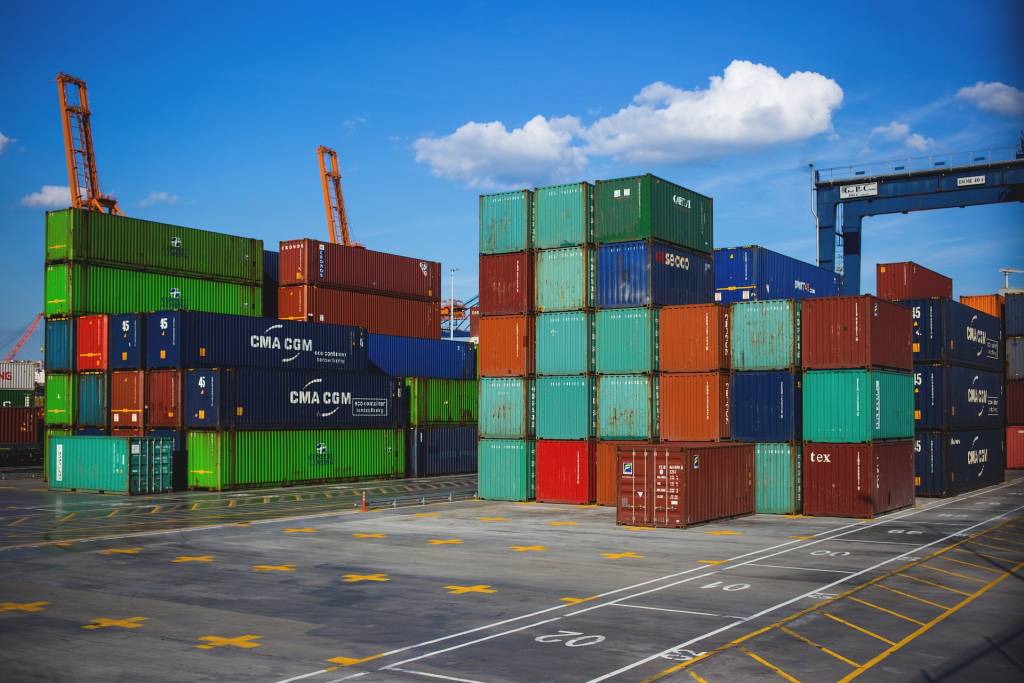Delivery Duty Unpaid (DDU) Incoterms® Rule [UPDATED 2025]


A Commentary on the Incoterms 2020 Rules
A comprehensive 94 page guide on Incoterms® 2020, to be used in conjunction with ICC’s new book, INCOTERMS® 2020. Aimed at all trade practitioners.

Access trade, receivables and supply chain finance
We assist companies to access trade and receivables finance through our relationships with 270+ banks, funds and alternative finance houses.
Get StartedContent
Delivery Duty Unpaid (DDU) is an old Incoterm, that was not in Incoterms 2010 and it’s not in Incoterms 2020, which is the most recent edition of the International Chamber of Commerce’s Incoterms. The current closest term that best describes the function of DDU is Delivered-at-Place (DAP).
What is delivered duty unpaid (DDU Incoterm®)?
DDU Incoterm, which is short for “delivered duty unpaid,” is an international commerce term (incoterm) which means that the seller will deliver the goods as soon as they are made available at an agreed-upon location in the country to which they are imported.
Unlike DDP (delivery duty paid), where the seller takes the most responsibility for delivery costs all the way up to the consignee’s doorstep, DDU requires the consignee to take the responsibility of costs, and oftentimes physical delivery, once they have signed for the shipment.
DDU can provide for additional costs to be taken on by the seller if they are agreed upon ahead of time. For example, the parties may agree that the seller will pay expenses such as value added tax (VAT) or customs charges. These terms should be clearly stated on their contracts.
How Does DDU Work?
Under the terms of DDU, the seller is required to deliver goods to the agreed-upon destination in the country of importation. The buyer would then be responsible for the rest of the costs and further delivery of the shipment unless other terms have been laid out ahead of time.
DDU Top Tip
Don’t use it in contracts! It is no longer used as an Incoterms Rule. See our Incoterms 2020 Hub for the most up to date rules for 2020.

Delivery Duty Unpaid (DDU) is an old Incoterm, that was not in Incoterms 2010 and it’s not in Incoterms 2020, which is the most recent edition of the International Chamber of Commerce’s Incoterms. The current closest term that best describes the function of DDU is Delivered-at-Place (DAP). arising from transport (i.e. issue of documents, unloading of goods at destination, customs clearance when necessary, insurance of goods etc.)
DDU
Another benefit of DDU would have been its ability to effectively track shipments. Tracking a shipment within one’s own country is much easier than tracking it once it has left the country and is in someone else’s hands. This means the seller is able to track its shipment all the way to the destination country and then the buyer takes possession of it and is able to have precise control over when and where the goods are delivered and unloaded.
Cost savings to both parties can also be significant. The seller would obviously save money on export fees, while the buyer could possibly negotiate a larger discount for the goods for agreeing to incur these fees and responsibilities themselves.














